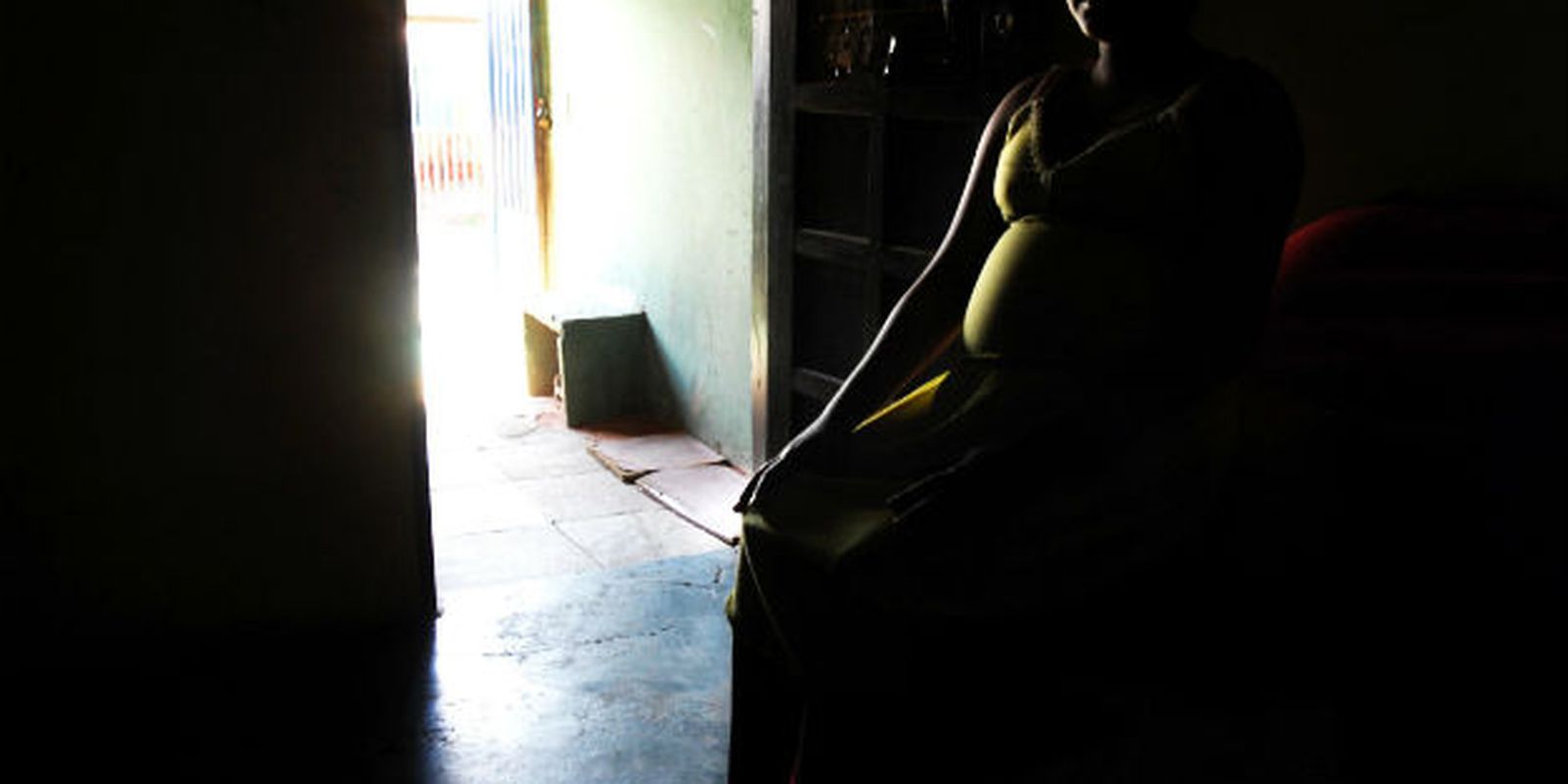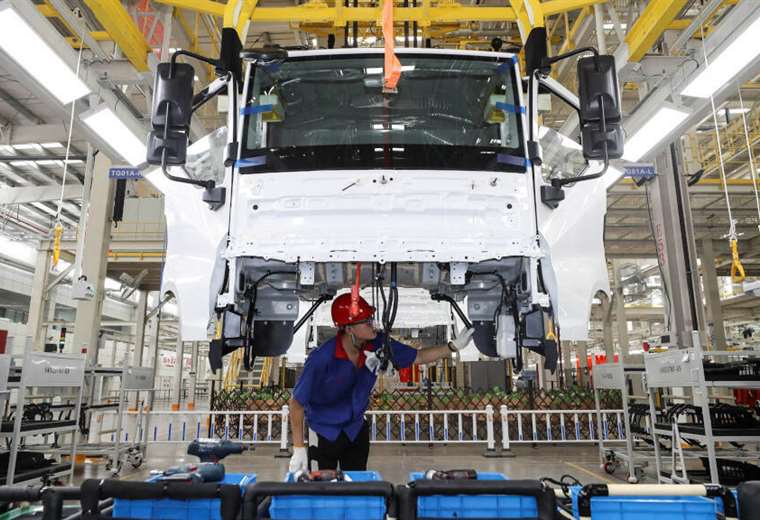The Federal Regional Court 1 (TRF1) granted an injunction that suspends the resolution with guidelines regarding assistance to minors who are victims of sexual violence in cases of abortion provided for by law. The resolution had been proposed by the National Council for the Rights of Children and Adolescents (Conanda).
Announced this Tuesday (24), the decision was made by judge Leonardo Tocchetto Pauperio, who accepted the arguments of former minister and senator Damares Alves (Republicanos-DF).
The resolution was approved this Monday (23), by 15 votes to 13, the latter from federal government authorities. The votes in favor came from representatives of civil society entities that make up the body, chaired by the Ministry of Human Rights and Citizenship (MDHC).
Damares Alves stated that the approved resolution did not define the gestational time limit for carrying out a legal abortion and that Conanda established that the will of the pregnant child or adolescent should prevail over that of their parents or legal guardians, when they do not agree with them. For Damares, this would provoke “a relevant social outcry”.
Admittedly conservative and pro-life, the former head of the Ministry of Women, Family and Human Rights also mentioned requests for views and postponement of discussions within Conanda to justify the overturning of the resolution. Magistrate Tocchetto Pauperio wrote, in response to Damares’ request, that “the request for views is a right at the same time as a duty, as it directly refers to the application of public policy of great social relevance”, as is the case with legal abortion of minors.
The judge also considered that Conanda failed to follow the rules of the administrative legal process and acted contrary to “the legality and legal certainty that must be inherent to the Administration’s acts”. Tocchetto Pauperio classified the resolution as illegal and added that his decision aims to prevent it from being published in the Official Gazette of the Union until there is a conclusion on the central issue.
“In this way, I do not believe it is reasonable to put at risk a multitude of pregnant minors who are victims of sexual violence, especially at this time of year, without there being broad deliberation of such a relevant public policy which, I reinforce, was apparently hampered by the denial of the request for seen by the Counselor representing the Civil House of the Presidency of the Republic”, highlights the magistrate.
Now, with the injunction, Conanda has up to ten days to provide information, as highlighted in the order detailing the granting of the measure.
Damares Alves starred, in 2020, in one of the episodes related to legal abortion that had the greatest impact across the country. As minister, she mobilized her and Jair Bolsonaro’s supporters to protest in front of the hospital where a 10-year-old girl would have a legal abortion, after becoming pregnant by her rapist, an uncle of hers. The child had suffered a series of rapes since he was 6 years old.
Other side
Conanda counselor Deila Martins, who is part of the board of directors, states that the judge responsible for the decision says that the resolution puts victims at risk. “For us, what puts them at risk is, with the suspension of the resolution, being deprived of care and having their rights respected and forcing them to give birth and ally themselves with a fundamentalist right to impede the rights of those who have already suffered with sexual violence”, he adds.
In a post that circulates on social media and in document forwarded to the press, the entities that form part of Conanda argue that the approval took place in a democratic way and that what is deliberated collectively, with social participation, should not be ignored. The main point highlighted is that “the resolution does not innovate the right to legal abortion, provided for in the Penal Code since 1940, it only details the flow to guarantee the rights of children and adolescents, protecting them from violence and violation of rights”. Brazilian legislation guarantees this right in three cases: when the pregnancy poses a risk to the mother or was the result of rape and in cases of fetal anencephaly.
The organizations say they are “outraged”, especially as this is a period of resumption of democratic culture. According to civil society representatives, the content of the resolution has been debated since September this year, in numerous meetings, attended by experts, in addition to counselors, and there was even a specific committee to coordinate this work.
A widely seen reaction on the internet was to raise hashtags such as “#rapistnotfather and #childnotmother”, in addition to the dissemination of opinions that point out that it is contradictory to place children and adolescents as incapable of opting for a legal abortion procedure and, at the same time, consider them ready to face the processes of pregnancy, motherhood and, eventually, handing over their son or daughter for adoption.
Statistic
In Brazil, the majority (67%) of the 69,418 rapes committed between 2015 and 2019 were victims girls aged 10 to 14. Per year, 11,607 births are a consequence of sexual violence committed against girls under 14 years of age.
*Reporter Gésio Passos, from National Radio Agency.















